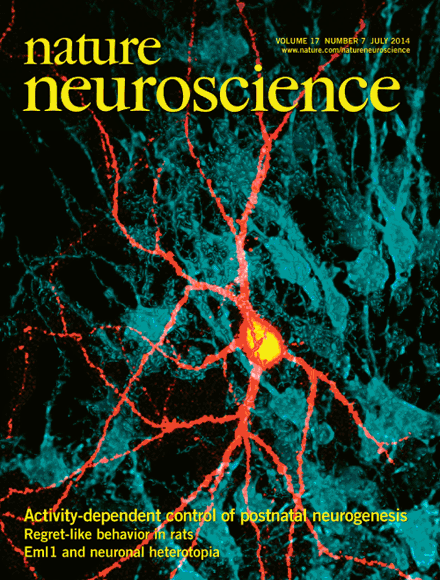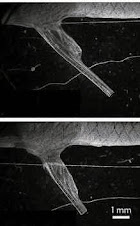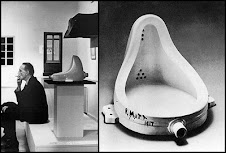Molecular therapy
Deafness diverted
Molecular therapy improves hearing and balance in a mouse model of a
hereditary disease that causes deafness and balance disorders.
In humans, Usher syndrome is often caused by a mutation in the gene USH1C
that results in the production of a truncated form of the protein
harmonin — which normally guides development of the inner ear (pictured)
— and leads to impaired hearing.
Jennifer Lentz at Louisiana
State University in New Orleans, Michelle Hastings at Rosalind Franklin
University in North Chicago, Illinois, and their collaborators injected
newborn mice with DNA-like molecules that mask the mutation in the
cell's protein-expression machinery, causing normal harmonin to be
produced. This stopped the loss of inner-ear cells that respond to
sound, improved low- and mid-frequency hearing and reduced behaviours
associated with balance impairment such as head-tossing and circling.
The effects lasted at least six months. The authors suggest that a
similar approach may have therapeutic potential in human congenital
deafness.
- Nature 494, 150 (14 February 2013)


















































































